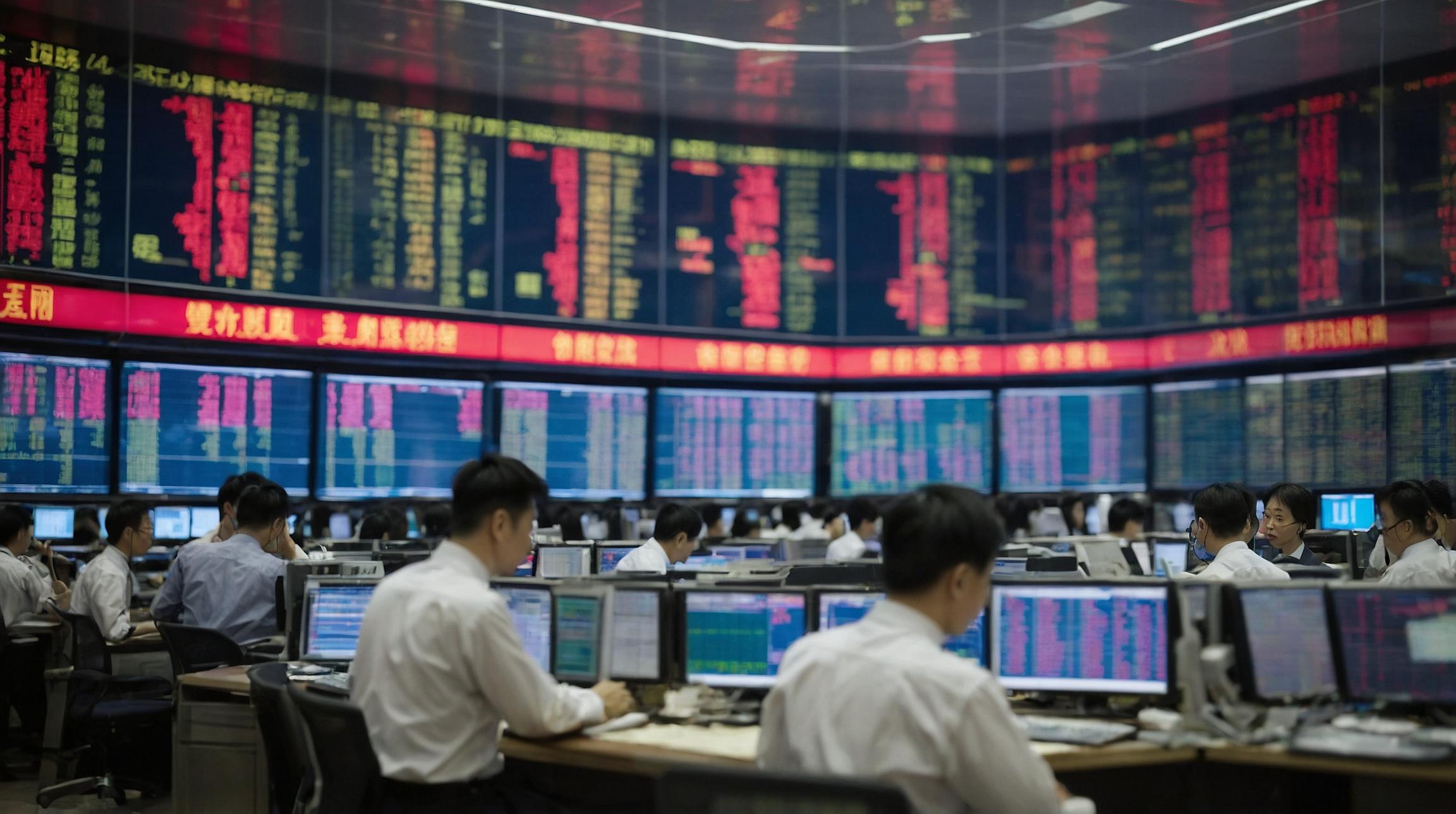Investor Sentiment Towards Chinese Stocks
Many international investors are showing caution when it comes to investing in Chinese stocks. According to a recent report by UBS, about 25% of 800 active foreign institutions, which manage a total of $150 billion in Chinese stocks, did not hold any Chinese equities by the end of the second quarter of the year. This cautious approach is known as maintaining underweight positions, meaning investors hold less of a particular stock than is typically found in benchmark indices.
Market Movements and Capital Flows
In the second quarter, UBS observed a trend of southbound capital flows into Hong Kong markets, with significant interest in defensive and high-yield sectors. Defensive stocks are those that tend to remain stable during economic downturns, such as utilities or healthcare, while high-yield sectors refer to stocks that offer high dividend returns. However, the northbound markets, representing investments into mainland China, experienced substantial capital outflows.
Performance of Chinese Markets
The beginning of the quarter saw a rally in Chinese stocks, with indexes rising through March to early May. Hong Kong's index performed particularly well, thanks to its strong technology sector. Despite this initial rally, Chinese markets lost their gains by June and reached near six-month lows. This drop was influenced by disappointing economic data and less aggressive stimulus measures from Beijing.
Continued Caution Despite Market Dynamics
UBS suggests that the Hong Kong market might continue to attract inflows, especially in defensive and high-yield stocks, as global market uncertainties persist. They also noted that with the current low levels of foreign institutional investment and inflows from insurance funds, the downside risk to the Chinese equity market appears limited.
Challenges Facing Chinese Markets
Chinese equities have faced significant pressure over the past two years, driven by concerns about the slowing economic recovery. While state fund interventions and stimulus promises have provided temporary support, persistent growth challenges and geopolitical tensions, such as the trade friction with the European Union over tariffs on Chinese electric vehicles, have weighed heavily on investor confidence.
For investors, understanding these dynamics is crucial. While there may be potential opportunities in Hong Kong's defensive and high-yield sectors, the broader sentiment towards Chinese markets remains cautious due to ongoing economic and geopolitical uncertainties.













